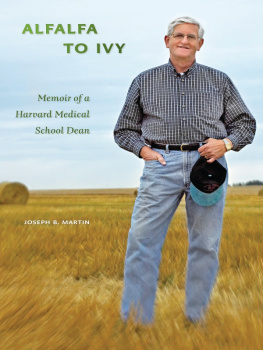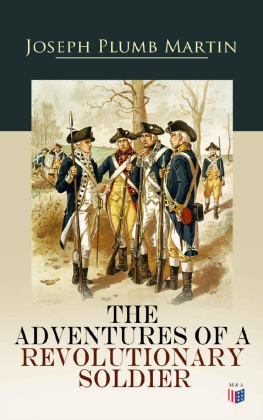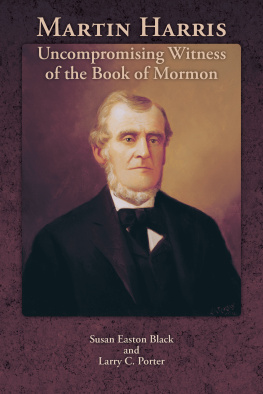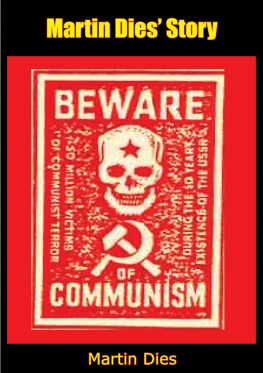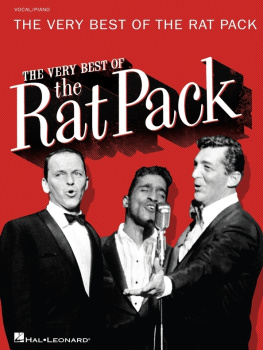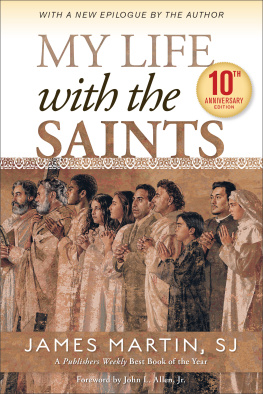ALFALFA TO IVY
ALFALFA TO IVY
Memoir of a
Harvard Medical
School Dean
Joseph B. Martin

Published by
The University of Alberta Press
Ring House 2
Edmonton, Alberta, Canada T6G 2E1
www.uap.ualberta.ca
Copyright 2011 Joseph B. Martin
Library and Archives Canada Cataloguing in Publication
Martin, Joseph B., 1938
Alfalfa to ivy [electronic resource] : memoir of a Harvard Medical School dean / Joseph B. Martin.
Includes bibliographical references.
Electronic monograph in EPUB format.
Issued also in print format.
ISBN 978-1-55195-702-9
1. Martin, Joseph B., 1938-. 2. Neurobiologists--Massachusetts--Boston--Biography. 3. Deans (Education)--Massachusetts--Boston--Biography. 4. Harvard Medical School--Employees--Biography. 5. Mennonites--Alberta--Duchess--Biography. I. Title.
QP353.4.M37A3 2011a 616.80092 C2011-905839-1
First edition, 2011. Print edition includes index.
Conversion house for electronic editions: Innodata.
Copyediting and Proofreading by
Meaghan Craven.
Maps by Wendy Johnson.
All rights reserved. No part of this publication may be produced, stored in a retrieval system, or transmitted in any form or by any means (electronic, mechanical, photocopying, recording, or otherwise) without prior written consent. Contact the University of Alberta Press for further details.
The University of Alberta Press has made every effort to correctly identify and credit the sources of all photographs, illustrations, and information used in this publication. We appreciate any further information or corrections, and will provide acknowledgement in subsequent editions.
The University of Alberta Press gratefully acknowledges the support received for its publishing program from The Canada Council for the Arts. The University of Alberta Press also gratefully acknowledges the financial support of the Government of Canada through the Canada Book Fund (CBF) and the Government of Alberta through the Alberta Multimedia Development Fund (AMDF) for its publishing activities.

To Rachel Ann, my partner,
whose equipoise guides and sustains.
CONTENTS
Professor David Hubel, Harvard Medical School
Dr. Ed Benz, President and CEO of the Dana-Farber Cancer Institute
Professor David Hubel
Harvard Medical School
WHEN JOE MARTIN ASKED ME to read over the manuscript of this book I was surprised and flattered. And, when I got back to him a week later to tell him how much I enjoyed reading the material, I was amazed that he asked if I would write a foreword to it.
My background, of hands-on research with only one brief foray into administration, could not have differed more from Joes long and successful career of leadership in both medical administration and research. After some reflection, however, I can see the striking similarities between our career trajectories. We were both born in Canada of parents who were US citizens; and so we both grew up as dual citizens, with consequent advantages and disadvantages of both citizenshipsnot the least being subject to military service in both countries. Both of us went to school in Canadafrom elementary school through college and medical school. Elementary schools and high schools were small; we walked to our schools, which never closed because of bad weather. Our schools were run and financed by provinces rather than immediate municipalities, so schools in poor neighborhoods did not suffer the way they do in the United States. After medical school we both did protracted residencies in neurology and in research, at starvation wages or no wages at all. We both did stints at the Montreal Neurological Institute (MNI) and the Montreal General Hospital ( MGH North), and we both ended up, finally, at Harvard. Today we are both semi-retired members of the Harvard Medical School Department of Neurobiology. There the similarities end. Joes career rose to top-level administration positions, with brief, highly successful lapses into research, which resulted in his major role in tracking down the gene locus for the defect responsible for Huntingtons Chorea. And my dogged and long career in research on the visual cortex was interrupted, if only for some months, by a not-too-successful lapse in administration.
Along the path to Harvard, however, we both worked on farmsmilked cows, hitched up horses, fed pigs, chased roosters.
In coming to Harvard, in 1958, from Walter Reed and Johns Hopkins, I found the change depressing. The informality and friendliness of Hopkins contrasted with the pomposity and stiffness of Harvard Medical School. (Torsten Wiesel and I were welcomed by being demoted from the assistant professorships we enjoyed at Hopkins to an obscure position called associate, to make the point that Harvard had high standards.) But of the leadership of HMS over the years I have had nothing but praise. I experienced the tenures of four deans. George Berry, grouchy and determined, ran the school with the sole help of a financial genius, Henry Meadow. Bob Ebert was kind and flexible, so unable to say no that I at times felt sorry for him. (Without Bob, our Department of Neurobiology would never have come about.) Dan Tosteson, always friendly and supportive, reformed the teaching at HMS completely. Finally, Joe Martin!
For me, our paths crossed in an important way twice in Joes ten-year term as dean. The chairmanship of my department, neurobiology, fell vacant when Gerry Fischbach left in 1998. Joe Martin, who had just arrived as dean, wanted to recruit Carla Shatz as Gerrys successor. Carla had been my first graduate student in the 1960s, and I looked forward enthusiastically to her coming. But there was a hitch: Carla needed more space than was available, and the extra adjacent space she would need was occupied by my office and lab. Moving to a different floor in a different building promised to be a huge pain, and I was determined to stay put. Persuading me to move fell to Joe, and I can still hear him saying, Put yourself in my place. In the course of our discussions, Joes reasonableness and gentlemanly attitude won me over. I gave up, and Carla came. I ended up far better off, with better quarters in a new building, and the school even agreed to make operable what once were sealed windows so that I could enjoy fresh summer breezes.
My other major encounter with Joe occurred when I retired as University Professor. I was determined to keep on with research and needed to keep some funds amassed over the years through various awards. Minor HMS administrators wanted to grab those funds to support the ever-growing list of medical school deans, but a five-minute meeting with Joe quickly settled that difficulty, and I kept the funds.
I was fascinated to read the long story of Joes administrative successes and travails, especially as I, too, had travails, though on a far smaller scale and a decade or so earlier, both at the Montreal Neurological Institute and at Harvard. I know, or knew, many of the dramatis personae at both places who are mentioned in this book. Having been at the MNI, at the bottom of the hierarchy, and at Harvard during a half-century at levels from bottom to close to the top, I know of no better story than Joes telling of the deep satisfactions and the frequent deep frustrations of administrative leadership.
At the MNI, I was an assistant resident on the neurology service and well remember how neurologists were made to feel like poor cousins of the surgeons. Wilder Penfield, known as the Chief, was a strong, outwardly kind leader who had the status of a demigod. In Montreal the relationship between McGill University and the hospitals (the Montreal Neurological Institute, the Royal Victoria Hospital and the Montreal General Hospital) must have been complex, but there can hardly be an institution with more complex and baffling relationships than the ones between Harvard Medical School and its associated hospitals. The extent to which Joe was able to navigate these waters tells us much about his patience, his serene disposition and his common sense.
Next page
